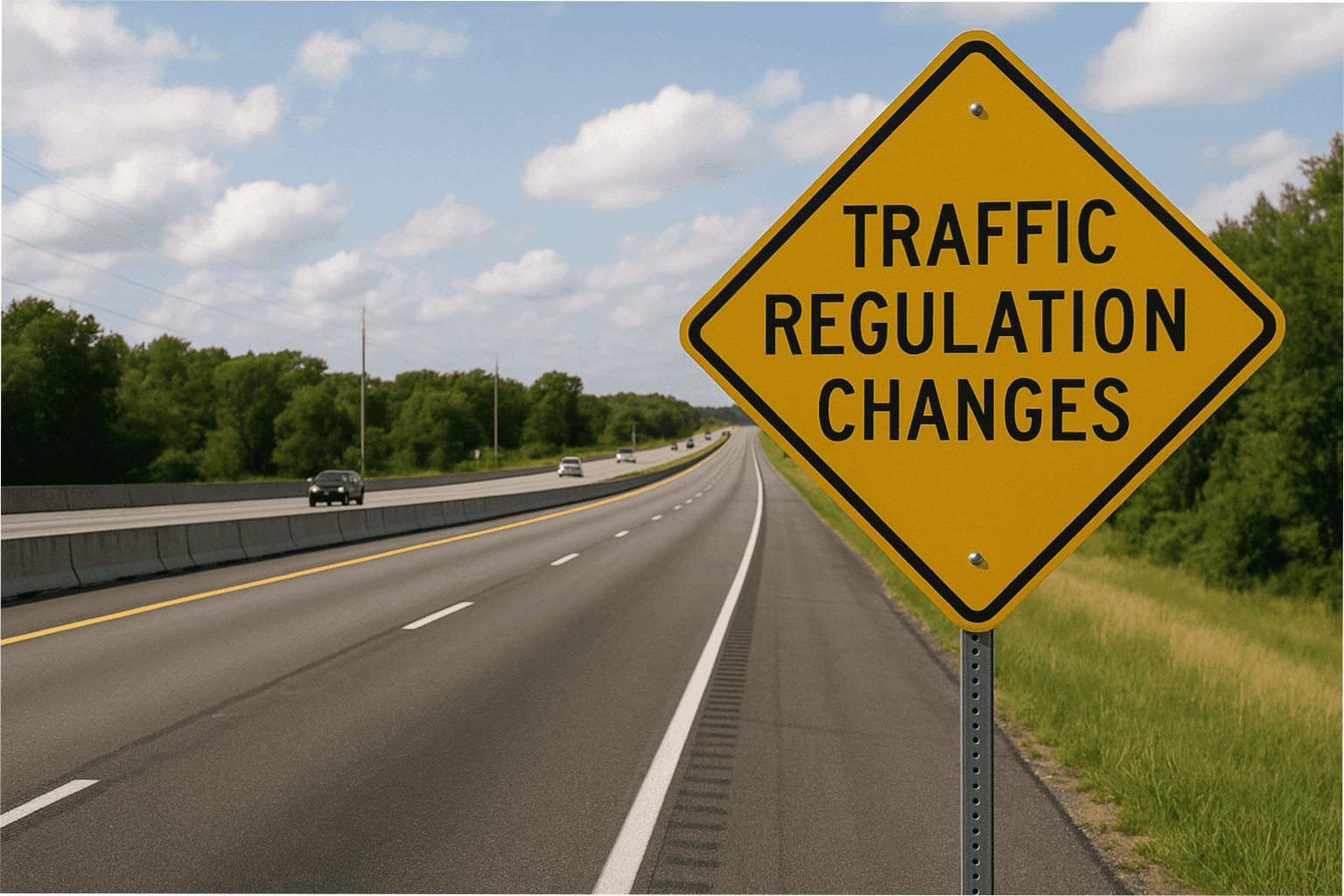Essential Guide to Buying Cars from Auctions for US Citizens: Pitfalls, Scams, and Key Documents

Buying a vehicle through an auction can feel like striking gold for many Americans, offering deals that undercut dealership prices. But it's not without its hazards—especially if you're new to the process. This guide dives into the essentials, highlighting potential traps, deceptive tactics, and the paperwork that demands your attention. Whether you're eyeing a salvage title ride or a clean used model, arming yourself with knowledge can save you from costly regrets.
Understanding Car Auctions in the US
Car auctions serve as bustling marketplaces where vehicles from various sources—repossessions, fleet disposals, or insurance write-offs—find new owners. For US citizens, platforms like Copart, IAAI, and Manheim dominate, often requiring a dealer's license for full access, though public auctions exist in many states.
These events vary by format. Online bidding has surged in popularity, letting you participate from home, while in-person gatherings at lots in places like Texas or California add a layer of excitement. Government surplus sales, such as those from the GSA, can yield reliable options at steep discounts. Knowing the auction type sets the stage for smarter decisions.
Types of Auctions and Their Nuances
- **Public Auctions**: Open to anyone, these often feature bank repos or estate sales. They're beginner-friendly but can attract fierce competition.
- **Dealer-Only Auctions**: Restricted to licensed pros, these might offer wholesale prices. If you're not a dealer, partnering with one could be your entry point.
- **Salvage Auctions**: Ideal for project cars, but they come with rebuilt titles that might complicate insurance or resale.
Each type carries unique risks, like undisclosed flood damage in salvage lots, so research the auction house's reputation via forums or the Better Business Bureau.
Benefits and Risks of Auction Purchases
The allure lies in savings—vehicles can go for 20-50% below market value, making it a smart move for budget-conscious buyers. Imagine snagging a late-model SUV for half the Kelley Blue Book price. Plus, the variety is vast, from classics to electric models.
Yet, risks abound. Without test drives in many cases, you're betting on inspections and history reports. Emotional bidding wars can inflate costs, and post-purchase surprises like mechanical failures erode those initial savings. Balancing these factors requires a cool head and thorough prep.
Common Pitfalls and How to Avoid Them
Navigating auctions means dodging several hidden snares that could turn a bargain into a burden. One major issue is overbidding due to auction fever—set a firm budget beforehand and stick to it, perhaps using apps to track comparable sales.
Another trap involves vehicle condition. Auctions often sell "as-is," meaning no warranties. A car might look pristine but hide frame damage from a prior accident. To counter this, hire a third-party inspector; services like Lemon Squad offer on-site checks for around $200-300.
Spotting Hidden Damages
Look beyond the surface. Rust under the chassis or mismatched paint could signal flood history. Use tools like UV lights to detect repainted areas, and always pull a vehicle history report from sources like Carfax or AutoCheck. For electric vehicles, battery health is crucial—request diagnostic scans if possible.
Title and Ownership Complications
Titles aren't always straightforward. A "salvage" designation means the car was totaled, potentially affecting financing options. In states like Florida, branded titles require specific disclosures. Verify the title status early to avoid liens or theft flags that could prevent registration.
Ways Scammers Might Deceive You
Fraudsters thrive in the fast-paced auction environment, employing clever ruses to offload problematic vehicles. One common ploy is shill bidding, where fake participants drive up prices to manipulate genuine buyers. Online, this might involve bot accounts on less regulated platforms.
Another tactic: odometer tampering. Despite federal laws, some sellers roll back miles to inflate value. Cross-reference the odometer with service records and look for wear inconsistencies, like a "low-mileage" car with threadbare seats.
Scammers might also misrepresent vehicle history, claiming a clean title when it's rebuilt. In extreme cases, they forge auction listings with photoshopped images. Protect yourself by dealing only with reputable auctioneers and verifying details through multiple channels, such as VIN lookups on the National Motor Vehicle Title Information System (NMVTIS).
Phony inspections are another red flag—insist on independent verification rather than relying on seller-provided reports. If something feels off, like pressure to bid quickly without due diligence, walk away. Remember, legitimate auctions provide transparency; anything evasive warrants suspicion.
Crucial Documents to Scrutinize
Paperwork is your shield in auction deals. Start with the title certificate—ensure it's free of liens and matches the VIN. For rebuilt vehicles, check for a salvage inspection sticker, mandatory in many states.
The bill of sale should detail the purchase price, seller info, and any "as-is" clauses. Don't overlook the odometer disclosure statement, required by federal law to prevent mileage fraud.
If the car has a branded title, review the rebuild documentation, including photos of repairs and mechanic certifications. For imported vehicles, customs forms and EPA compliance papers are essential to avoid import bans.
- **Key Docs Checklist**:
- Vehicle Title (clean, salvage, or rebuilt)
- Bill of Sale with full disclosures
- Odometer Statement
- History Report (e.g., from NMVTIS)
- Inspection Certificates for branded titles
Scrutinizing these can reveal discrepancies, like a title from a flood-prone area without corresponding damage notes.
Step-by-Step Process for Safe Buying
To minimize headaches, follow a structured approach. First, register with the auction platform and understand their fees—buyer's premiums can add 10-15% to the hammer price.
Research vehicles in advance: Use VIN decoders to uncover specs and recalls. Set alerts for similar models to gauge market value.
On bidding day, inspect if possible or review detailed photos and condition reports. Place bids strategically, starting low and monitoring competitors.
Post-win, handle logistics like transport—services like uShip can ship nationwide for $500-1000. Finally, register the vehicle at your local DMV, budgeting for taxes and fees that vary by state (e.g., 6-8% sales tax in California).
Examples abound: A buyer in New York once scored a 2018 sedan for $8,000 via online bid, but a quick title check revealed an outstanding lien, averting disaster. Learn from such stories to refine your strategy.
In wrapping up, approaching car auctions with vigilance transforms potential pitfalls into opportunities for savvy US buyers. By prioritizing inspections, dodging deceptive practices, and meticulously reviewing documents, you position yourself for a rewarding purchase. Equip yourself with these insights, and you'll navigate the auction landscape with confidence, securing a vehicle that truly fits your needs without unwelcome surprises.
Mini-FAQ
What are the biggest risks when buying from a car auction?
The main dangers include hidden mechanical issues, title problems, and overbidding. Always get an independent inspection and history report to mitigate these.
How can I tell if an auction listing is fraudulent?
Watch for inconsistencies in photos, vague descriptions, or pressure tactics. Verify through official channels like NMVTIS and stick to established auction houses.
Do I need a dealer's license for all US car auctions?
Not always—public auctions are open, but dealer-only ones require a license or partnership. Check state regulations, as they differ (e.g., more open access in Texas).
What documents are essential after winning a bid?
Focus on the title, bill of sale, odometer disclosure, and any rebuild certifications. These ensure smooth registration and protect against future disputes.
Is it worth buying a salvage title car from an auction?
It can be if you're mechanically inclined and plan to repair it, offering big savings. However, resale value drops, and insurance might cost more—weigh these factors carefully.


